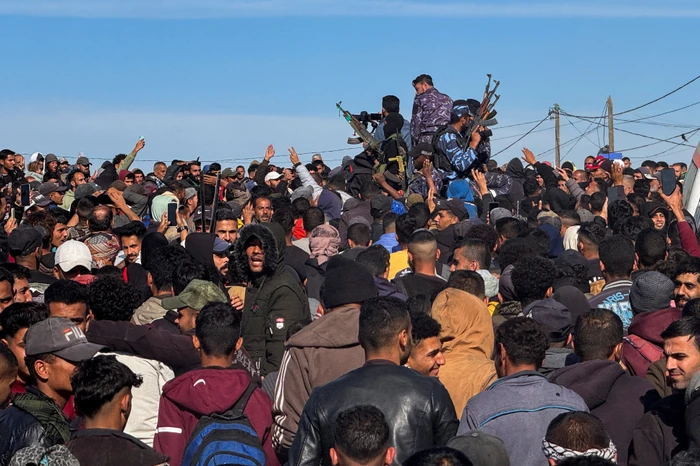Ireland is experiencing growing unrest as anti-migrant sentiment escalates due to a surge in immigration. With a nearly 300% increase in migrant arrivals over the past five years, tensions have reached new heights, leading to violent clashes and protests.
Recent videos from Dublin show disturbing scenes of street fights and confrontations, prompting some residents to form vigilante patrols. Law enforcement has responded with riot shields and pepper spray to control the situation. The rising conflict underscores deepening divisions within Irish society.
According to the Central Statistics Office (CSO), around 150,000 people moved to Ireland in 2023-24, the highest number in 17 years. Only 30,000 were returning Irish citizens, highlighting the scale of new arrivals. Many have been placed in economically struggling areas, increasing pressure on housing and public services. The number of asylum seekers has also soared, rising from 7,244 in 2017 to nearly 33,000 today. With the cost of accommodating asylum seekers reaching nearly 80 EUR per day per person, public resources are becoming increasingly strained.
The housing crisis has worsened, with over 3,000 asylum seekers left homeless by the end of last year. Tent encampments along Dublin’s Grand Canal illustrate the struggle to find adequate shelter. Small towns have also seen significant demographic shifts, further fueling tensions.
These challenges have contributed to the rise of far-right movements, with anti-migrant protests becoming more frequent. Many demonstrators blame immigration for the housing crisis, rising costs, and crime. Social media has amplified these sentiments, spreading misinformation and division.
The Irish government is under pressure to balance humanitarian obligations with social stability. While efforts are being made to expand housing and improve integration programs, many argue that responses have been too slow. Ireland’s Prime Minister has called for unity, urging citizens to reject division, but concerns remain about the country’s ability to manage rapid demographic changes.
With tensions continuing to rise, Ireland faces a critical moment. The coming months will determine whether the nation can find a path toward stability or if unrest will escalate further.

